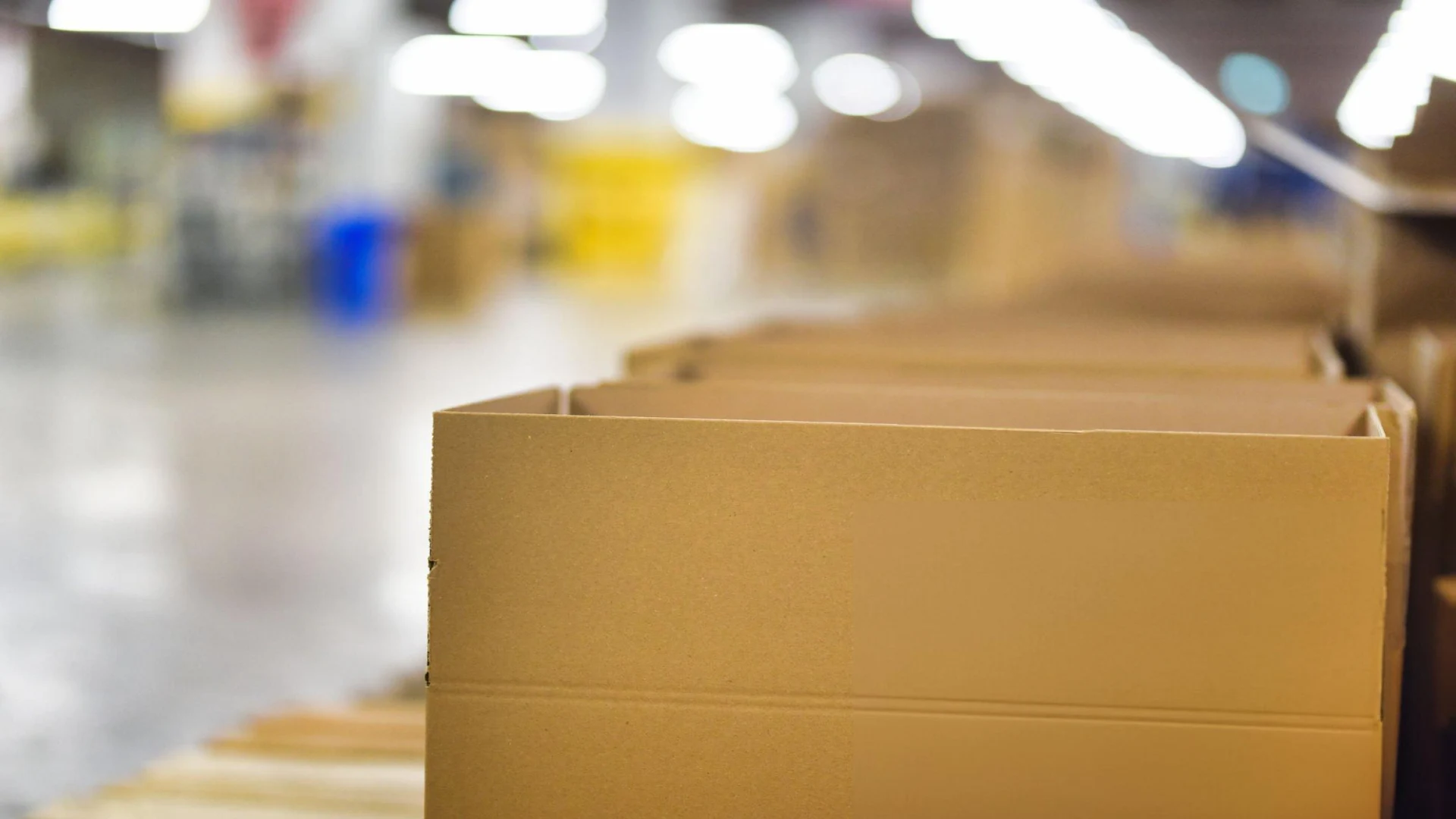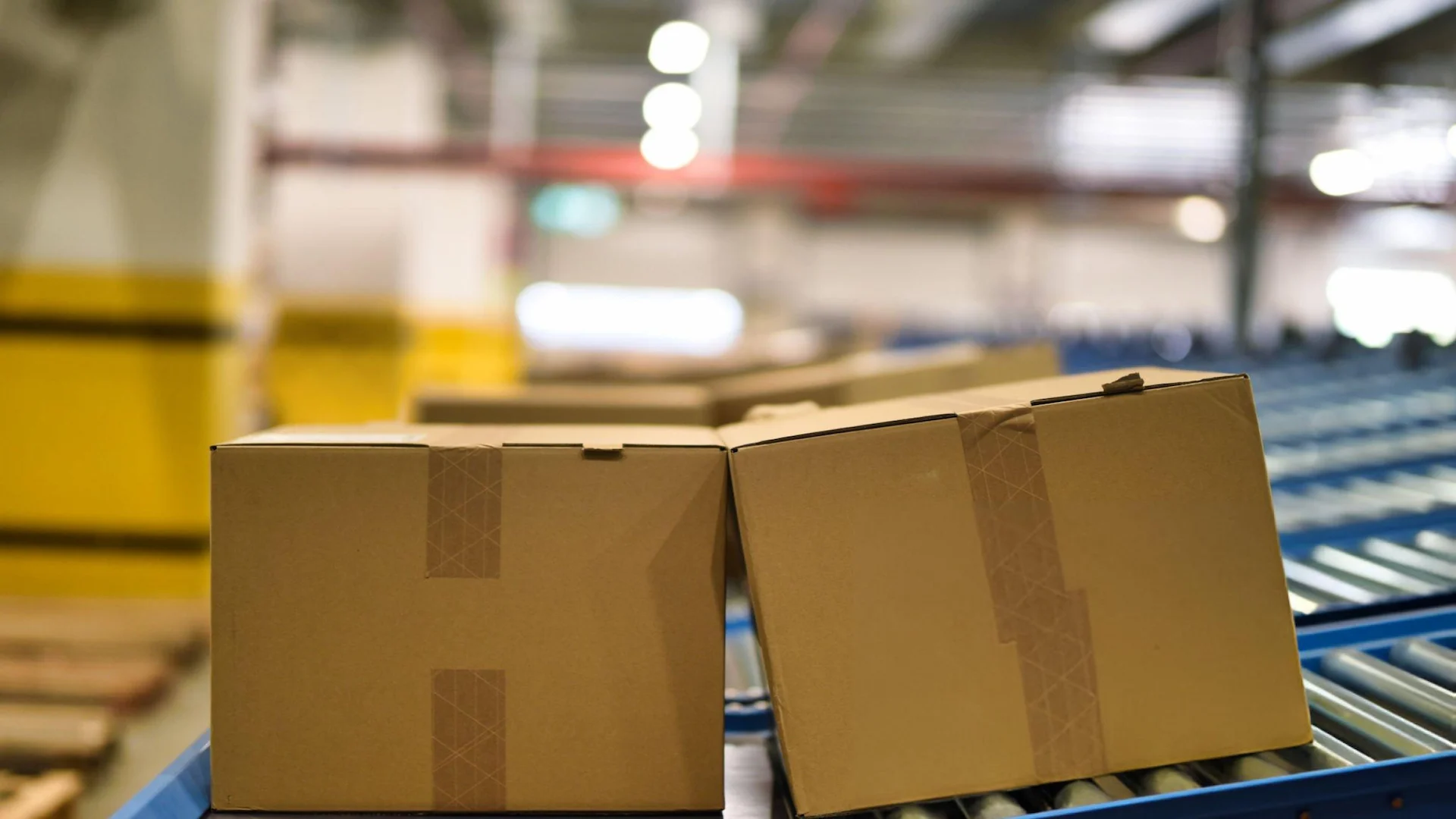6 (More) Logistics Terms Every Growing Brand Needs To Know, Part 2


Shipping logistics has its own language, its own codes, phrases, and words. We are here again to break down 7 more logistics terms every growing brand needs to know.
Let’s get into it.
Warehouse Management
Warehousing is the process of storing goods for sale or distribution. Utilized by a variety of businesses, warehouses store products in bulk before either shipping them to other locations or individually to end consumers.
Let’s break down the similarities and differences between warehouses, distribution centers, and fulfillment centers.

It’s important to note that all types of infrastructure have overlapping roles and duties, but they are indeed, all very different at their core.
Fulfillment center warehousing can also include things such as
- Inventory Management
- Shipping and Receiving
- Custom Packaging
- Returns
Micro-Pods (or warehouse-within-a-warehouse)
The Micro-Pod Model is a modular warehouse space within a fulfillment center that is managed by a technology platform and fully integrates the end-to-end order fulfillment process.
In layman’s terms, a brand receives more control and high-touch customer support, which is executed through instant communication via slack. The Pod Managers are further supported by Customer Success Managers to handle technology and account-related support. The Micro-Pod Model is purpose-built to increase productivity and profitability.
Within the Pods, the technology platform allocates inventory based on provided data and further manages fluctuating demand based on historical order volume velocity. For example, the highest moving SKUs are positioned within the Pods closer to the pack station. This helps eliminate the most inefficient function of a traditional warehouse — the order picking process. In other words, a-warehouse-within-a-warehouse.
In short, The Micro-Pod Model is purpose-built for independent brands and designed to help increase their productivity and profitability by eliminating complex processes and capital-intensive operations.
Delivery Due Paid and Delivery Due Unpaid: DDP vs. DDU
When a customer orders a product to be delivered internationally, many steps need to be taken between cargo packaging and receiving, such as shipping fees, customs clearance, warehousing, and more. Delivery Due Paid (DDP) and Delivery Due Unpaid (DDU) are arrangements to handle the logistics with international delivery. 3PL fulfillment centers offer both DDP and DDU with their shipping carrier partners, for absolute efficiency with international delivery
However, there are some key differences to them both, that have both benefits and drawbacks.

Utilizing DDU, or DDP, will ultimately depend on the mix of products you ship internationally, and how receptive your customers are to either paying taxes and duties up front or dealing with customs brokers after the fact.
HS Code
Exporting and importing products come with extra steps. Harmonized System (HS) codes are commodity codes used to classify international inventory being shipped. It is a standardized system of classifying and identifying shipments around the world. Utilized by customs authorities across the globe, HS codes identify products when assessing duties and taxes as well as for gathering statistics. They are recognized in 98% of world trade.
Companies use an HS number to reference the classification with their customers, vendors and anyone outside of the U.S. HS codes are an integral part of international trade.
LTL vs FTL
Freight is shipped in a multitude of ways, and it’s important to be able to distinguish between Less than Truckload (LTL) and Full Truckload (FTL). LTL shipments are typically smaller, leaving space on the truck for other LTL orders. On the other hand, FTL orders are larger and often take up the entire truck.

Talk with a team member and get $1,000 of order fulfillment credit*


*$1,000 of credit is applied to customers account after Atomix fulfills their 500th order

.svg)
.svg)
.svg)



